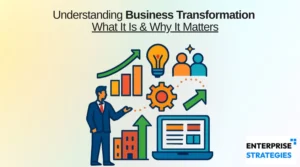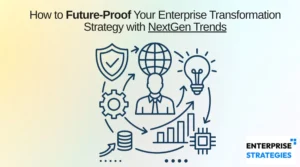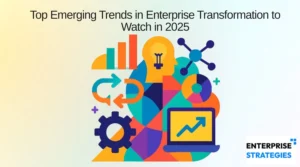You can’t throw enterprise social tools at any company and expect them to stick. Certain critical pieces have to be in place in order for the technology and the tactics to boost employee engagement, recruit and retain employees, break down knowledge silos and more for a business. At the top of that list is the right culture. Mark Schaefer offers up five signs your company culture may be getting in the way of your social progress. His list covers obstacles such as corporate culture mis-match and lack of executive sponsorship. In this post, I’m offering up a vision of where your culture needs to be to make enterprise social media successful for you. First step: Management must have a vision already in place or being set. Management must communicate clear, upfront reasons why you’re considering a social strategy and what its goals will be. Cultures ripe for enterprise social media historically have the following characteristics: 1. They encourage Collaboration Collaborative cultures promote information sharing and expect it all levels, from entry level to C level. In collaborative environments, people are rewarded for contributing to the team instead of just for their individual achievements. Work is treated as a team sport where working together is tied to better business results. Companies with a collaborative culture understand that collaboration is not exclusive to extroverts who tend to more vocally make their contributions. As Susan Cain expounds on during a great TED talk, introverts have just as much — or more — to offer a department, team or company as their more outspoken counterparts. 2. They share Knowledge Open, transparent networks are vital to enterprise social media. Without a knowledge-sharing culture, the real value of social tools is lost. When people are transparent about what they’re doing and what they’re working on, knowledge is not only shared in a surface-level, straightforward manner, but it also bubbles up out of the discussions and interpretations that knowledge-sharing enables. 3. They support Innovation When a company rewards its employees for stepping back and questioning things and coming up with different solutions, that’s innovation. Outside consultants or experts aren’t always the best sources for finding new ways to improve processes, products, services or systems. Enterprise social media can support improvements and change in the workplace through its ability to connect people and ideas. A company’s values are a major part of its culture. For enterprise social media to live up to its potential, a certain set of values needs to be in place. In a nutshell:
- It must value employee knowledge and contributions
- It must value innovation and new ideas
- It must value transparency and open communication
In order for enterprise social media to perform well, management has to value employee knowledge and contributions. It’s not about valuing the fact they are doing work. It’s about valuing the person as a person with unique experiences, insights and knowledge. Even if they are off topic, these contributions are valuable. It’s a more holistic way of looking at each person. Having these values doesn’t mean your company can’t have a repeatable process. Its collective mindset must always be that it can be and do better. The question, “How can I get a better result?” must frequently be asked. And management must listen to answers from all levels. The value of open communication must be executed on a consistent basis. In order to establish a culture (one of 3) that has to be communicated on a consistent basis through an active communication plan. The “Enterprise Social Culture” Works Vetter is a suggestion box application that helps companies collect suggestions. Big brands have used such tactics to solicit and carry out suggestions from every level of their business. When British Airways recently faced a tough economic environment, increased competition and environmental standards challenges (some self imposed), the company launched a Staff Suggestion Scheme to tap into the creativity of its staff. Thanks to one suggestion submitted to its Staff Suggestion Scheme, British Airways is saving £600,000 a year in fuel costs. The bright idea: “descaling the toilet pipes on planes.” Mini management carried out a similar program at its giant Cowley factory in England. The effects reportedly extended beyond monetary gains, strengthening teamwork and changing manager-worker dynamics. Over the course of two years, more than 14,000 suggestions were submitted. Management took forward 11,000 of the suggestions. Amazon listened when a software engineer, who presumably rarely had his hand in service development, suggested that Jeff Bezos implement a free-shipping service, now known as Prime and known as a critical marketing tool for the giant online retailer. Aside from the potential to make or save your company millions of dollars, with these values in place you are sending a clear signal to your team that their opinions are valuable. If your company is considering an enterprise social media strategy, be sure it is ready for it. Enterprise social media is powerful but it’s not a magic bullet. On the other had, it should improve current business processes, not just support them. It should allow for a better way of working within the right company culture.




